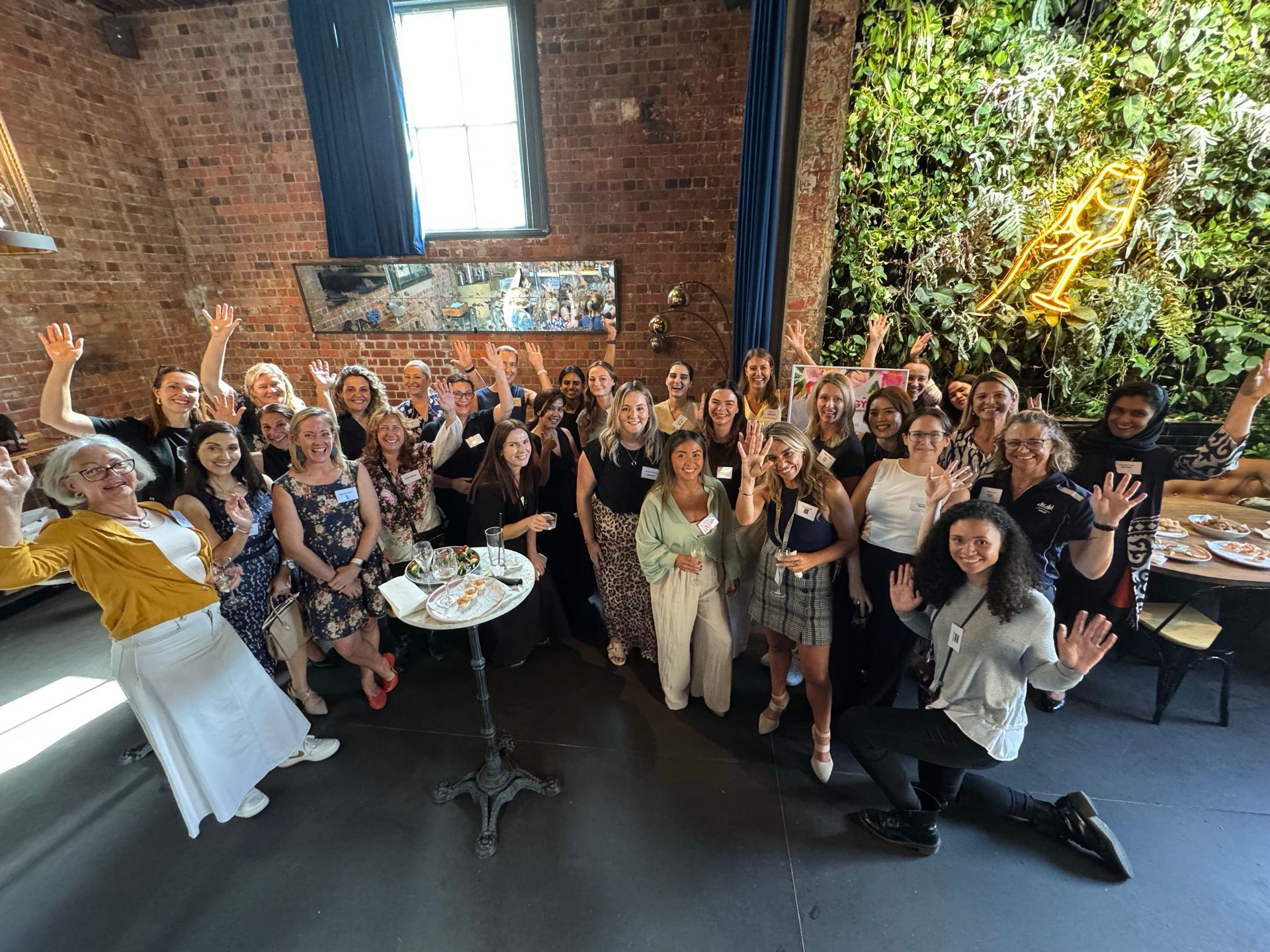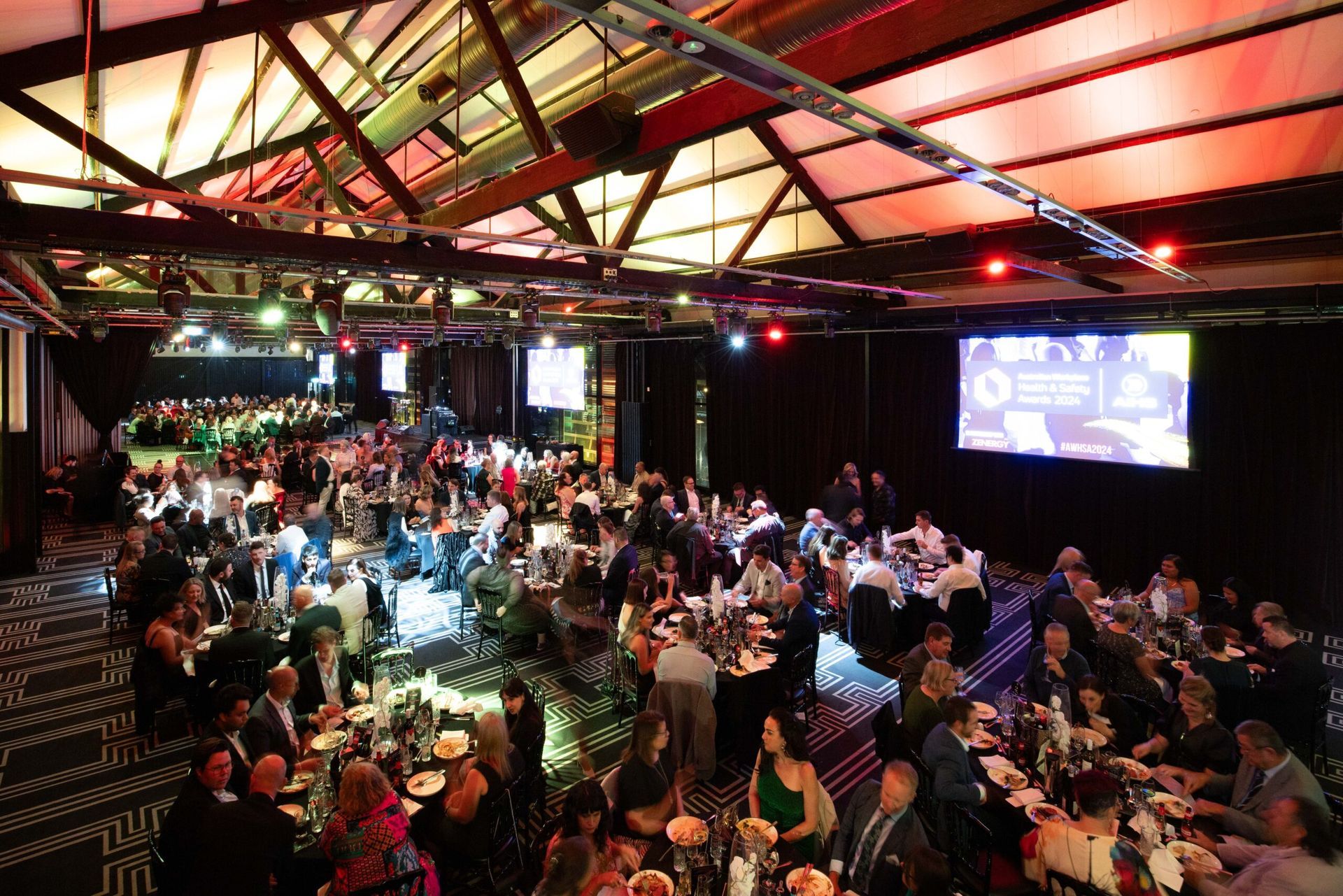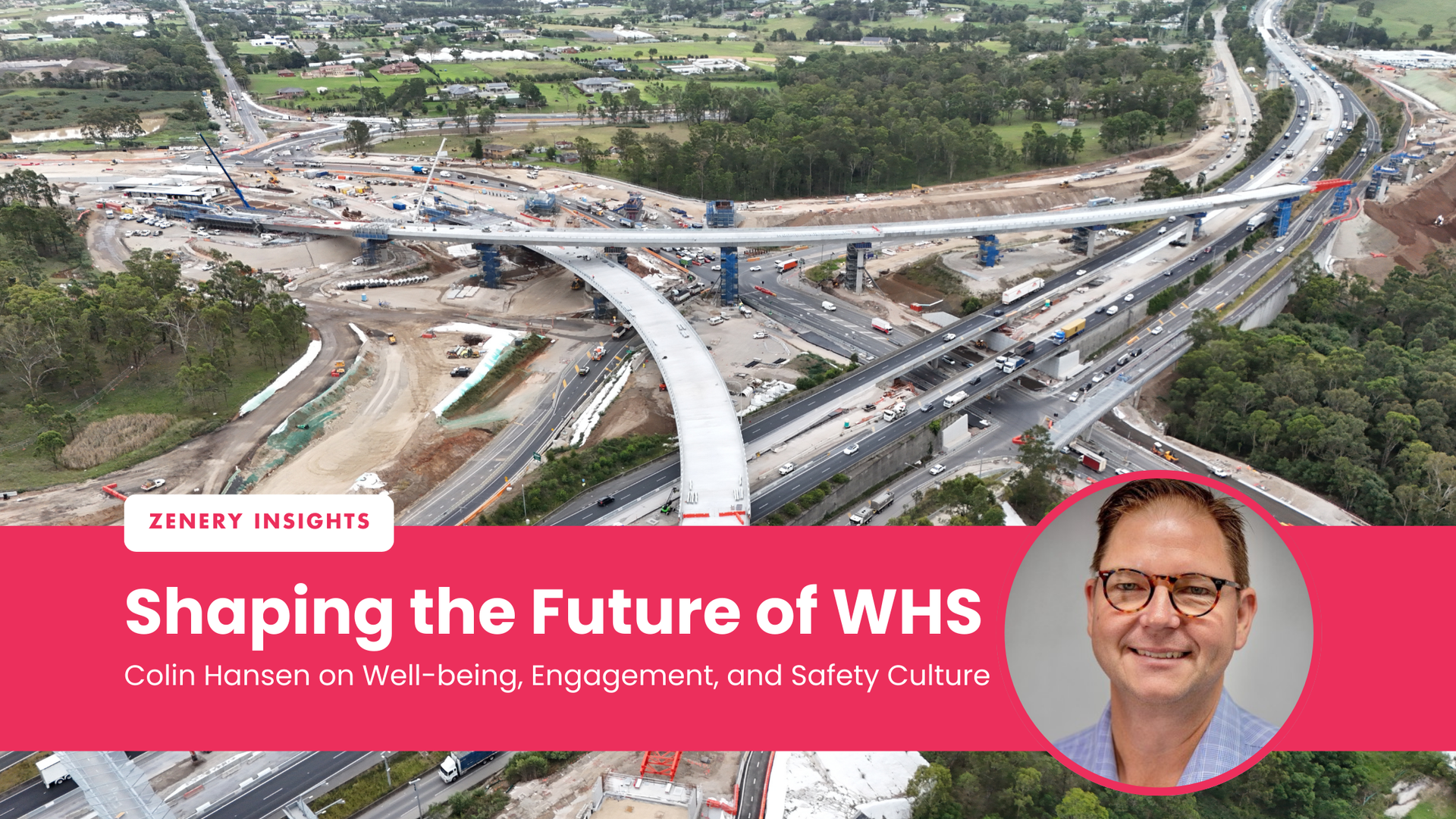Fatalities and compo claims continue downward trend
There were 144 work-related fatalities in Australia last year, down from a peak of more than 300 in 2007, according to a new Safe Work Australia report.
The Key Work Health and Safety Statistics Australia 2019 report reveals:
- The number and rate of worker fatalities have continued to decline in line with long-term trends.
- The rate of serious workers’ compensation claims continued to trend downwards with the frequency rate falling to 5.5 serious claims per million hours worked in 2017-18.
Vehicle collisions (31%) were responsible for most fatalities, followed by being hit by moving objects (17%), falls from a height (13%) and and being hit by falling objects (10%).
By occupation, there were 51 fatalities among machinery operators and drivers, labourers (36) and technicians and trades workers (27).
Agriculture, forestry and fishing had the highest fatality rate, (11.2 per 100,000 workers) followed by transport, postal and warehousing (5.9 per 100,000) and mining (3.7 per 100,000).
There was a total of 107,335 serious claims – 39,235 made by women and 68,100 by men.
Download the report here.
Originally posted on http://workplaceohs.com.au
Contact Us
Zenergy News







